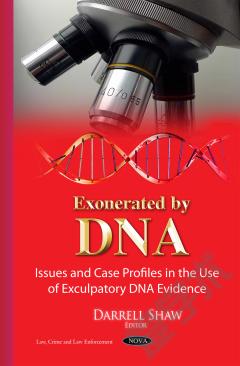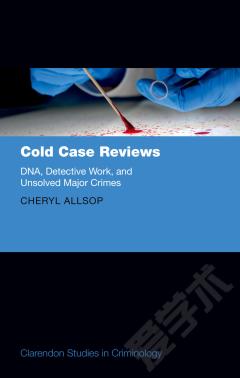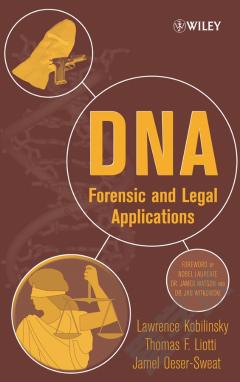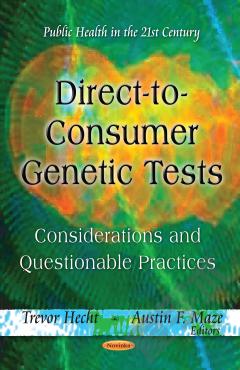Exonerated by DNA: Issues and Case Profiles in the Use of Exculpatory DNA Evidence
DNA evidence offers prosecutors an important tool in the identification and apprehension of violent criminals, particularly in sexual assault cases. At the same time, DNA evidence can be used to exonerate the innocent. By highlighting the importance and utility of DNA evidence, this book presents challenges to the scientific and criminal justice communities. These challenges involve maintaining high standards for collecting and preserving DNA evidence, ensuring that DNA testing methodologies meet rigorous scientific criteria for reliability and accuracy, and increasing the proficiency and credibility of forensic scientists so their results and testimony are of the highest caliber, able to withstand exacting scrutiny. Commentaries and profiles of DNA exculpatory cases are presented to illustrate the power and potential of DNA evidence. Policy implications of DNA testing and use as evidence are also discussed.
{{comment.content}}








 京公网安备 11010802027623号
京公网安备 11010802027623号